Building a custom home is a significant investment, and choosing the right materials plays a crucial role in ensuring durability, efficiency, and aesthetic appeal. When planning for custom home construction, it is essential to select high-quality materials that can withstand environmental conditions, require minimal maintenance, and provide long-term value. From foundation to roofing, each material should be carefully chosen to enhance both structural integrity and energy efficiency. In this article, we will explore the top materials that are best suited for long-lasting custom home construction, helping homeowners make informed decisions for a dream home that stands the test of time.
Concrete – The Foundation of Strength
Concrete is one of the most durable and widely used materials in custom home construction. Known for its high compressive strength, it is ideal for foundations, driveways, and structural elements. Reinforced concrete, which includes steel bars (rebar), enhances its load-bearing capacity and resistance to environmental factors such as moisture and temperature fluctuations.
Beyond its strength, concrete provides excellent fire resistance, preventing the rapid spread of flames. It also has remarkable longevity, lasting over 50 years with minimal maintenance. With advancements in technology, insulated concrete forms (ICFs) are becoming popular for their superior insulation properties, making homes more energy-efficient. By using concrete strategically, homeowners can ensure a strong and resilient structure that requires minimal repairs over time.
Brick and Stone – Timeless Durability
Brick and stone have been used in custom home construction for centuries due to their durability, classic appearance, and resistance to extreme weather conditions. These materials offer excellent thermal mass, keeping homes cool in the summer and warm in the winter, thereby enhancing energy efficiency.
Stone, whether natural or manufactured, adds an elegant and luxurious touch to exterior facades, fireplaces, and interior accent walls. Meanwhile, bricks are highly resistant to fire, pests, and harsh weather, making them a reliable choice for long-term sustainability. While the initial cost may be higher than other materials, brick and stone require minimal upkeep and can last for generations, ensuring a strong and visually appealing home.
Engineered Wood – The Modern Alternative
Wood has always been a popular material in custom home construction, but traditional lumber is susceptible to rot, pests, and warping. To counter these issues, engineered wood has emerged as a superior alternative. It consists of layers of wood bonded together under high pressure, making it stronger, more stable, and resistant to moisture.
Engineered wood products like laminated veneer lumber (LVL) and cross-laminated timber (CLT) offer excellent load-bearing capabilities, making them ideal for framing and structural components. They also contribute to sustainability, as they use fewer trees compared to solid wood. When treated with weather-resistant coatings, engineered wood provides the warmth and charm of traditional wood while ensuring longevity and minimal maintenance.
Steel – Strength and Sustainability
Steel is an exceptional choice for custom home construction, especially for structural framing. Its high strength-to-weight ratio allows for greater design flexibility while ensuring structural stability. Unlike wood, steel is impervious to termites, rot, and warping, making it a low-maintenance material.
With modern prefabricated steel components, construction time can be significantly reduced, saving both time and labor costs. Additionally, steel is highly recyclable, making it an eco-friendly option for homeowners who prioritize sustainability. When properly coated or galvanized, it can resist corrosion and last for decades, making it a prime material for long-lasting homes.
Fiber Cement – A Low-Maintenance Exterior Option
Fiber cement is a composite material made of cement, sand, and cellulose fibers, making it an excellent choice for siding in custom home construction. It mimics the appearance of wood, stone, or brick while offering superior durability against moisture, fire, and pests.
One of the standout benefits of fiber cement is its resistance to cracking and warping, even in extreme weather conditions. Unlike traditional wood siding, it does not require frequent repainting or sealing, reducing long-term maintenance costs. Homeowners looking for an exterior material that combines aesthetics, longevity, and minimal upkeep will find fiber cement to be an ideal solution.
Spray Foam Insulation – Superior Energy Efficiency
Insulation is a crucial component of custom home construction, directly impacting energy efficiency and indoor comfort. Among the various insulation materials available, spray foam insulation stands out due to its superior sealing capabilities. It expands upon application, filling gaps and preventing air leaks, which helps maintain consistent indoor temperatures.
Compared to traditional fiberglass insulation, spray foam offers better resistance to moisture and mold growth, making it a healthier option for indoor air quality. Additionally, its long lifespan reduces the need for frequent replacements, making it a cost-effective solution for energy-efficient homes.
7. Roofing Materials – Ensuring Longevity from Above
The roof is one of the most critical elements in custom home construction, protecting the structure from environmental damage. Choosing high-quality roofing materials ensures durability and reduces the need for frequent repairs.
- Metal Roofing: Known for its longevity (50+ years), metal roofing is resistant to fire, wind, and extreme weather conditions. It also reflects solar heat, improving energy efficiency.
- Clay or Concrete Tiles: These materials offer excellent durability, fire resistance, and low maintenance. While they are heavier and require a strong structural base, their lifespan can exceed 70 years.
- Architectural Shingles: A step above traditional asphalt shingles, these are thicker and more durable, providing better resistance to wind and impact damage.
Choosing the Right Materials with Expert Builders
Selecting the best materials for custom home construction requires expert guidance and careful planning. Experienced builders understand the local climate, material performance, and cost-effectiveness, ensuring that homeowners get the best value for their investment. This is where custom home builders in Owen Sound, Ontario, play a vital role. These professionals have extensive knowledge of high-quality materials and construction techniques suited for the region, helping homeowners build durable and efficient homes that meet their unique needs. Working with skilled builders ensures that every aspect of the construction process is handled with precision and expertise.
Conclusion
Choosing the right materials is crucial in ensuring the longevity, energy efficiency, and sustainability of a custom home. Whether it’s the strength of concrete, the elegance of brick and stone, or the modern benefits of engineered wood and steel, each material has a significant impact on the overall durability of the structure. Roofing, insulation, and siding also contribute to the home’s ability to withstand environmental challenges while reducing maintenance costs. By investing in high-quality materials and working with experienced builders, homeowners can achieve a custom home construction that is not only beautiful but also built to last for generations.


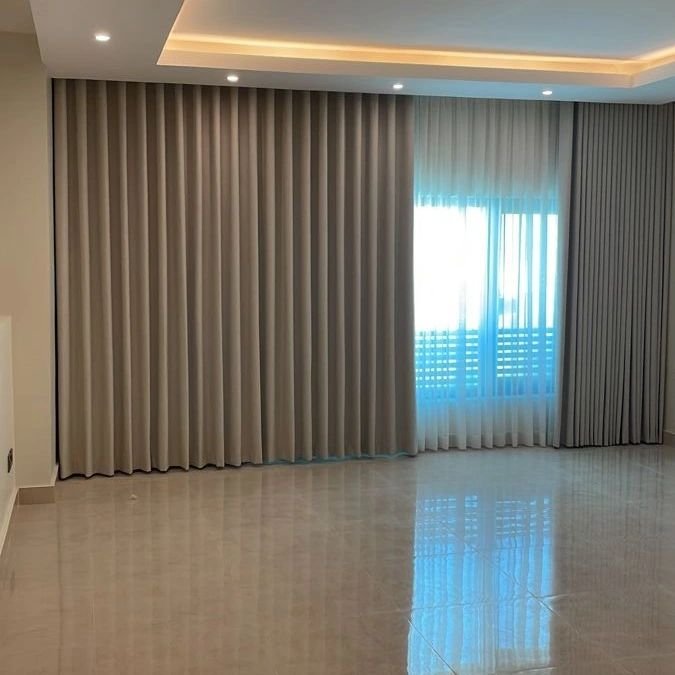

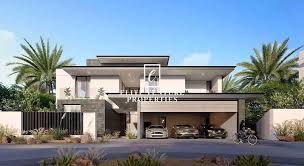
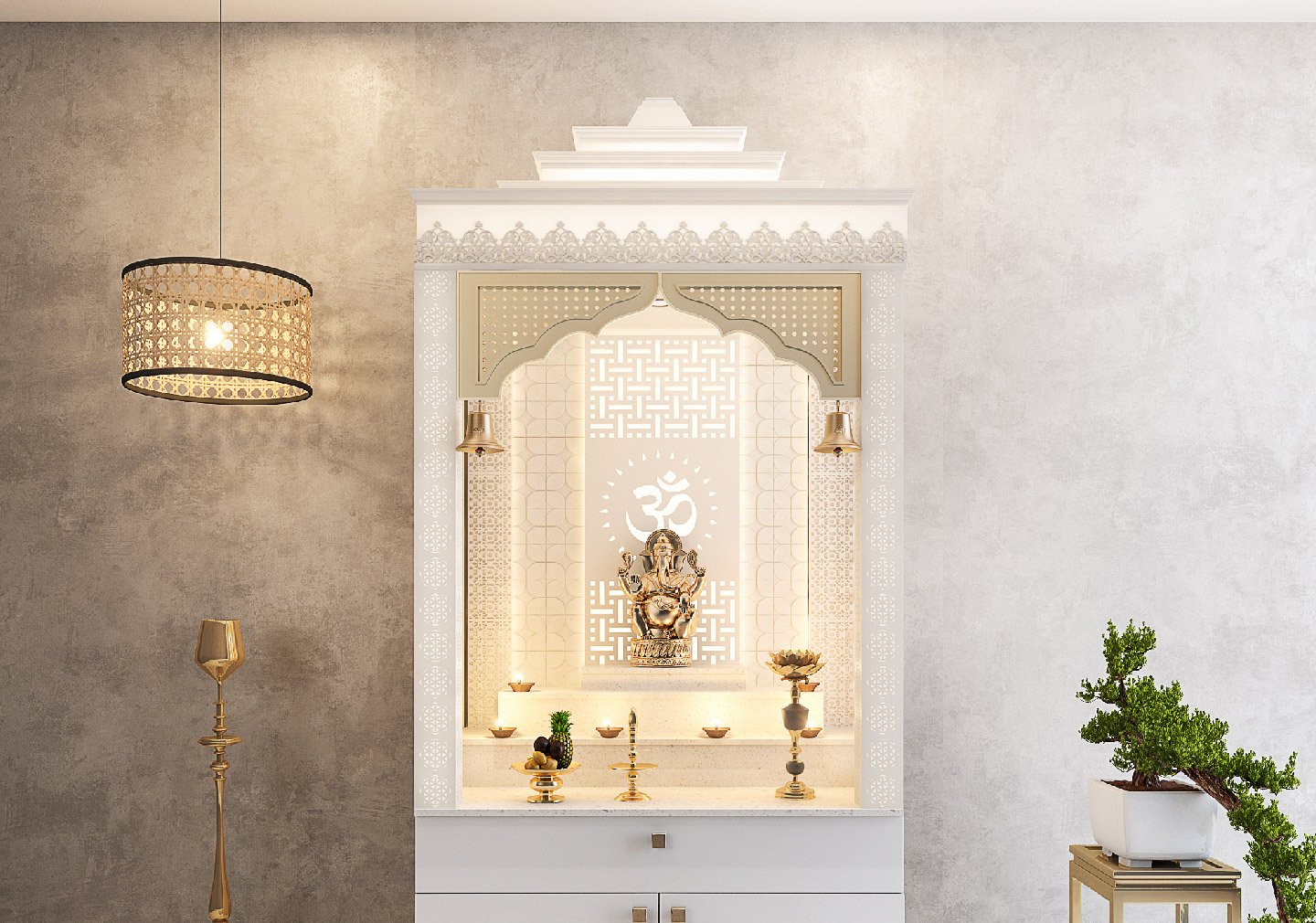
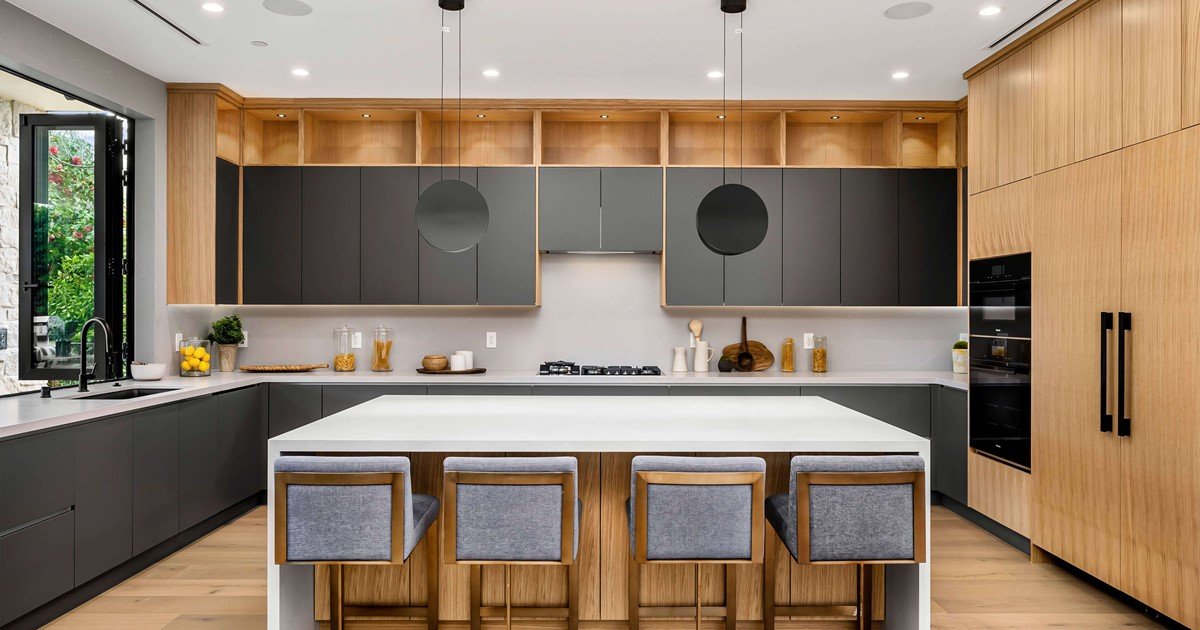
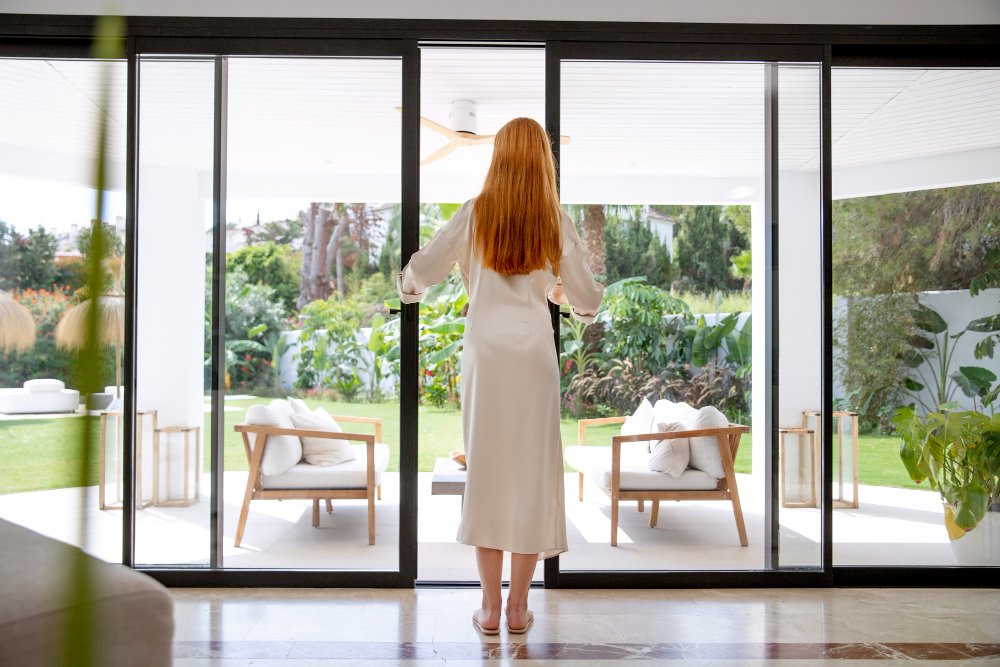

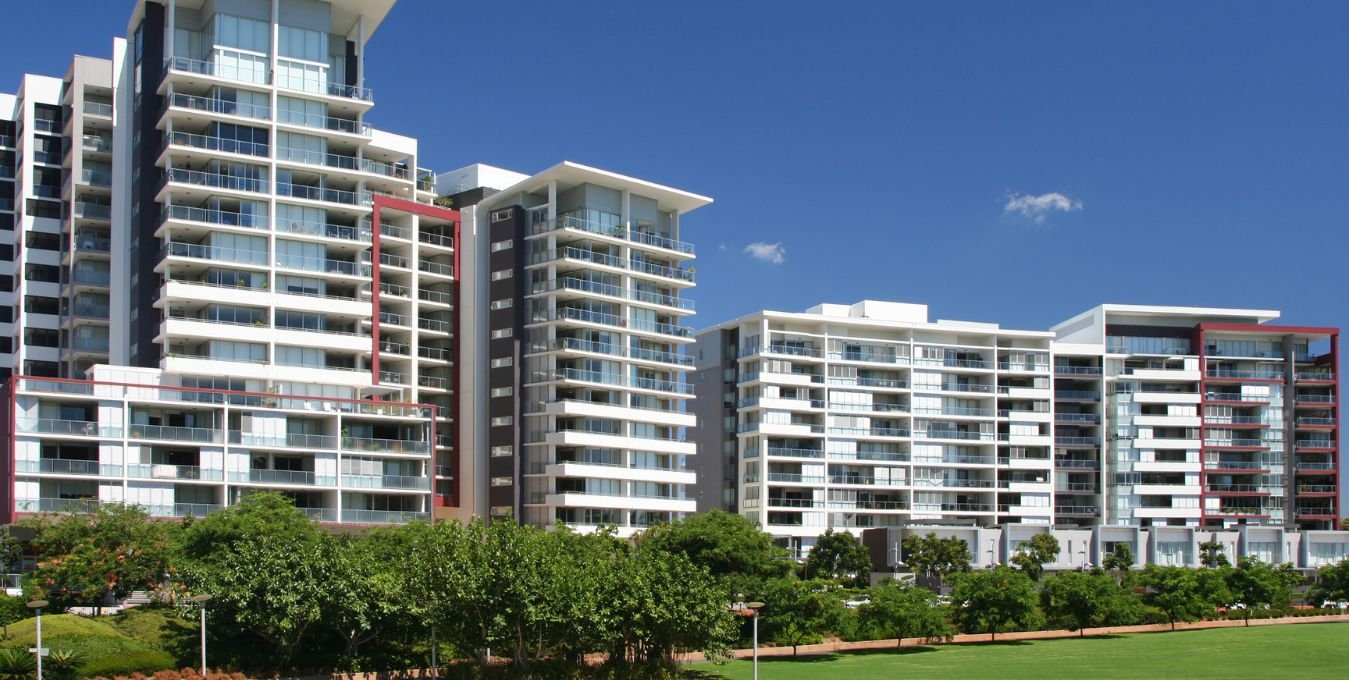
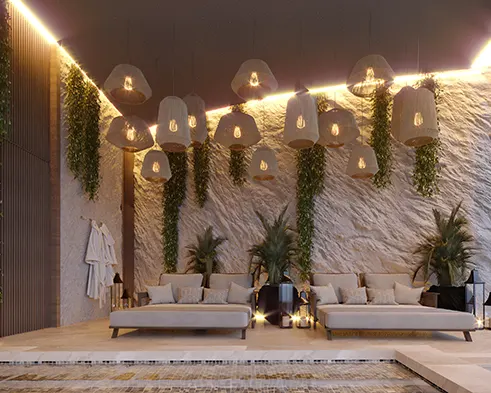
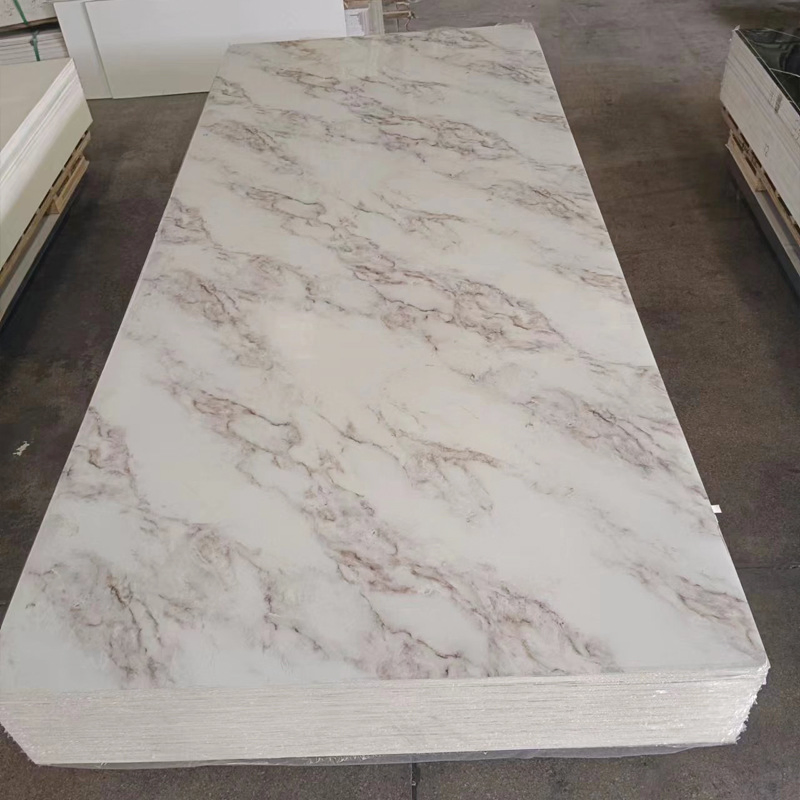




Leave a Reply